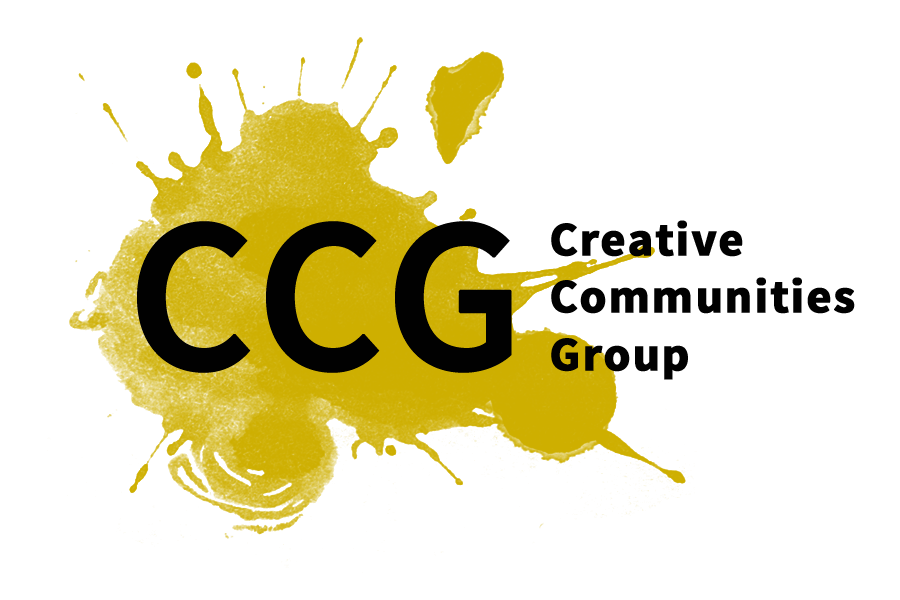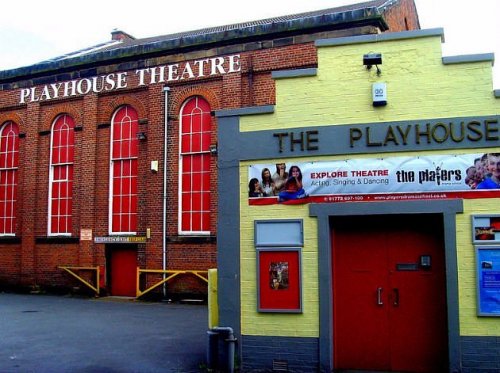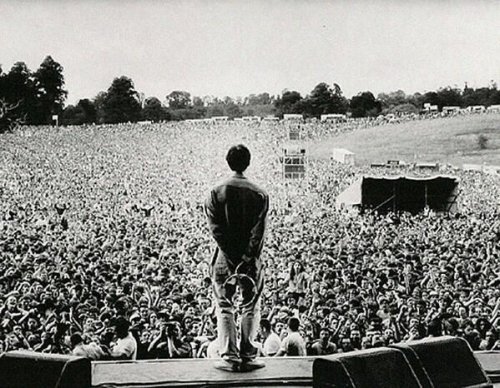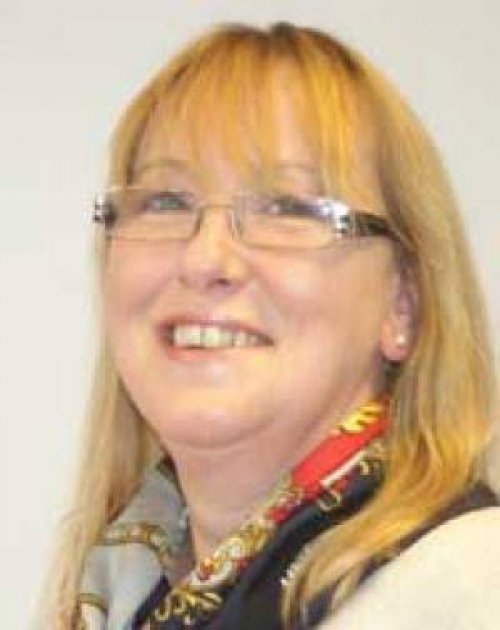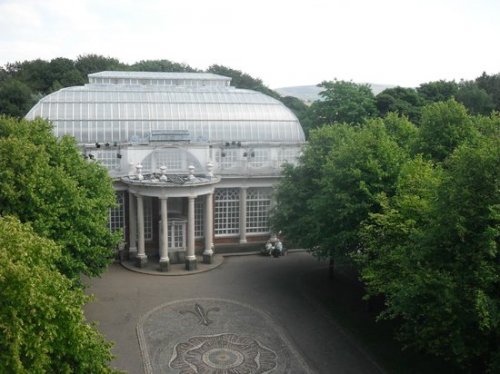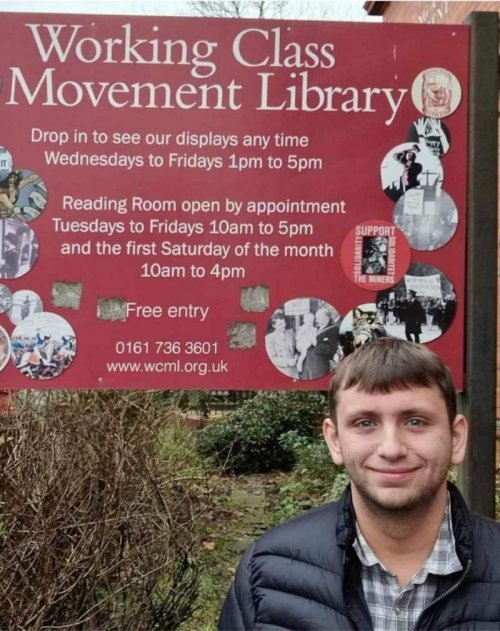
BUILDING LEARNING SOCIETIES
Oct, 29 2018
The progressive view on education in Europe: more Solidar citizenship please
Has the engine of education boosted the development of culture and solidarity among European citizens? If would certainly seem so. Last Thursday in the European Parliament the S&D group organized a conference on education, culture and supportive citizenship in the context of reshaping Europe.
The panel discussion brought a number of various stakeholders, from politicians to civil society actors, academics and youth activists. The aim of the discussion was to bring culture to the heart of Europe and our identities, to allow a transformation of Europe in times of greater social and economic disparities and strong populist waves across the Member States.
Sacha Garben, EU law permanent professor at the College of Europe, highlighted the need to have studies of comparability assessments for citizenship education so as not to create asymmetries and imbalances between the different educational systems in the EU. Garben also called for the inclusion of citizenship competences in the EU competence framework, along with giving more direct competences to the EU as provided in Article 165 TFEU.
Tamara Gojkovic, Vice-President Lifelong Learning Platform, also focused on citizenship education along with the Lifelong Learning aspect of quality education, through strengthening policy coherence and proposing Lifelong Learning cards in parallel with European student cards for communities and families’ learners.
Andrea Casamenti, from the European Youth Forum, emphasized the right to quality education, volunteering activities and the increase of youth organizations that are also providers of citizenship education, through teaching to develop skills, making decisions and assuming responsibility. The focus was also put on national recognition and validation of non-formal and informal education for young people in the future.
SOLIDAR Foundation supports the promotion of national recognition and validation of non-formal and informal education for all to bring citizens into democratic participation, learn and practice supportive citizenship. However, to lead this in a successful way requires prioritizing sustaining resources and support for non-formal and informal learning, along with supporting inclusive learning societies within and across countries in Europe.
